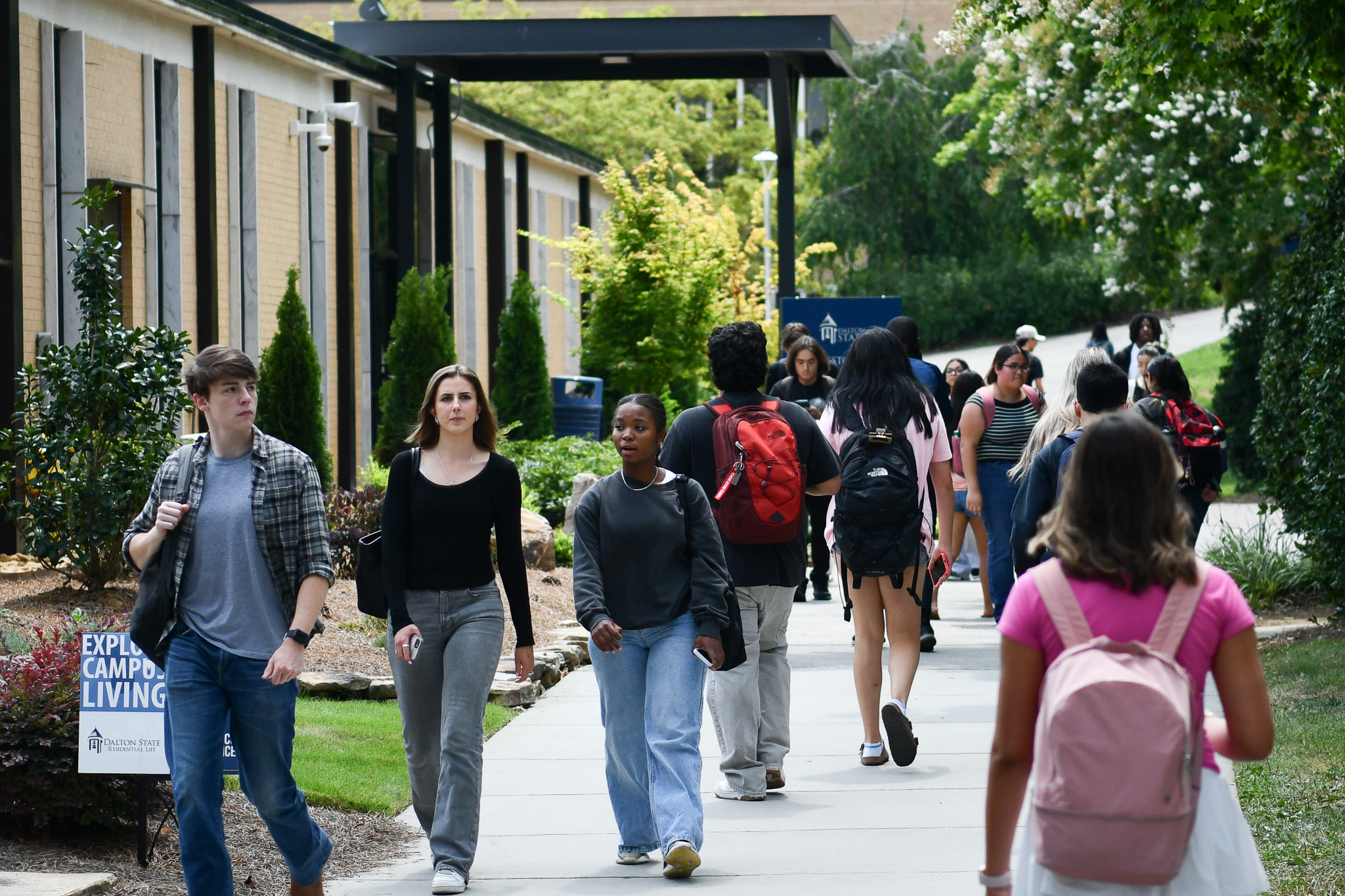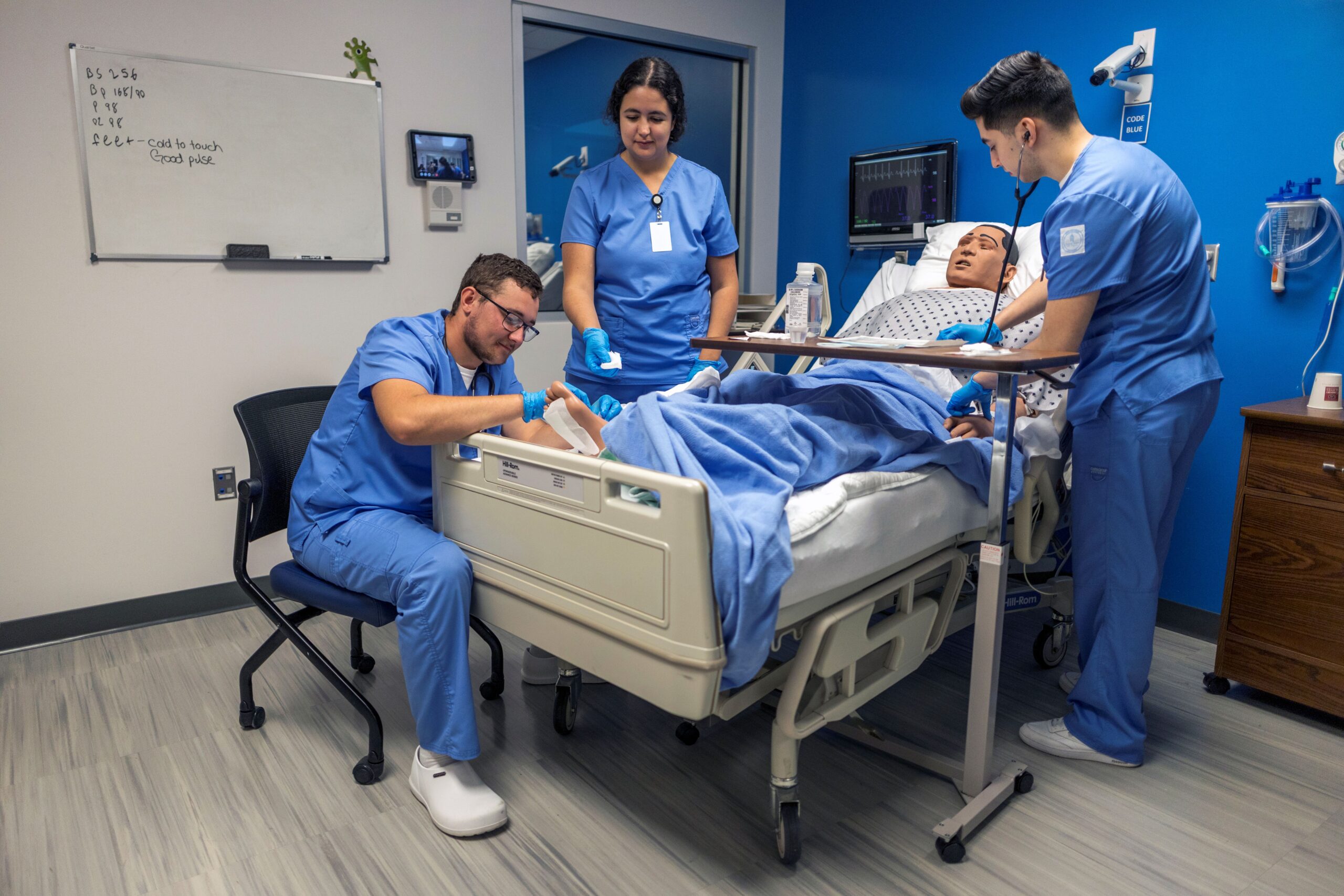Graduates earn $1.4 million more with their college degrees
Dalton State College’s economic impact on Northwest Georgia totaled almost $138 million between July 1, 2022, and June 30, 2023, reaching a record high for the college, according to a study by the University System of Georgia (USG).
“Dalton State serves as an economic anchor and helps sustain a thriving workforce for Northwest Georgia,” President John Fuchko, III, said. “We have seen an increase in fall enrollment over the past two academic years, and Mashburn Hall reached residential capacity for the first time since opening in 2016. As our student population continues to grow, I anticipate Dalton State’s economic impact on the region will continue to trend upward.”
The study conducted on behalf of USG by Jeffrey M. Humphreys, director of the Selig Center for Economic Growth in the University of Georgia’s Terry College of Business, analyzed the economic and labor impacts of all 26 institutions within the USG.
Dalton State’s $137.8 million economic impact, a 4% increase over the prior year, consisted of $123 million in initial spending by students and by the college on personnel and operating expenses. The remaining $14.8 million was generated by the re-spending of initial dollars again within the Northwest Georgia region, including Bartow, Catoosa, Gilmer, Gordon, Walker and Whitfield counties.
Dalton State’s labor impact included 1,161 full- and part-time jobs. Approximately 25% are on-campus jobs and 75% are off campus. For every on-campus job, three jobs exist across the region due to institution-related spending.
The study found the USG and its institutions generated 163,332 jobs, creating about the same employment impact in the state as Georgia’s top five employers combined.
A companion study by Humphreys found that USG bachelor’s graduates from the Class of 2023 will earn $1.4 million more during their lifetimes than they would have without their college degree.
“USG continues to be a million-dollar deal for our graduates, and we have the data to prove USG degrees will help them increase their prosperity and success,” USG Chancellor Sonny Perdue said. “At the same time, we are a billion-dollar deal for Georgia. Our 26 public colleges and universities make a significant economic impact by helping to put Georgians to work and sustaining local communities across the state.”





